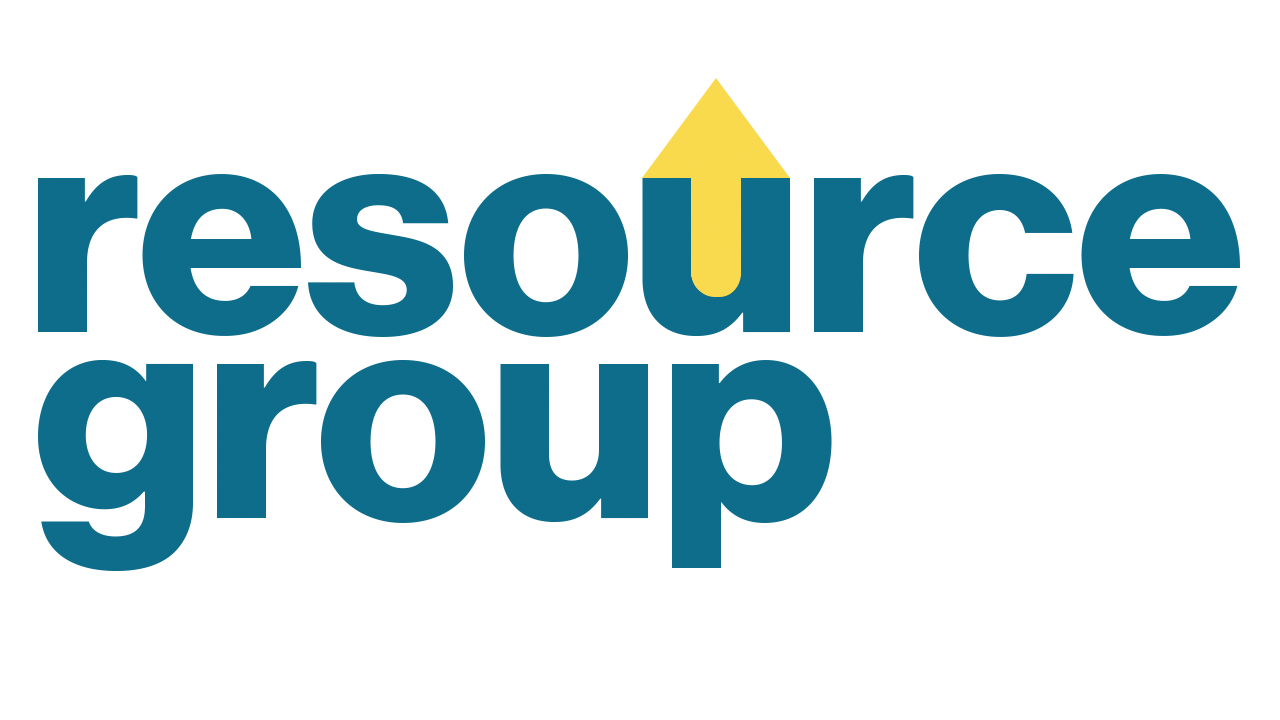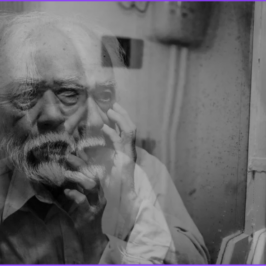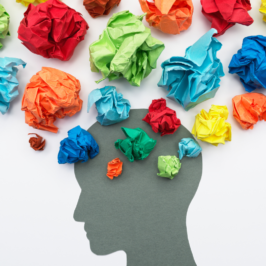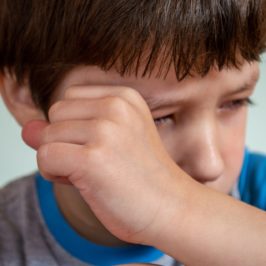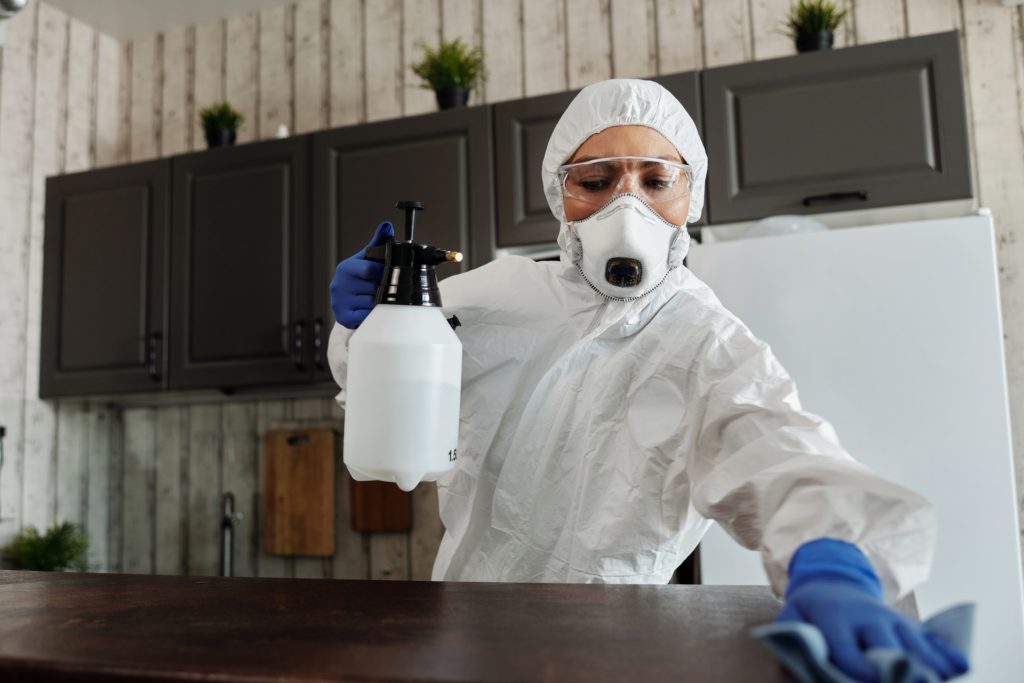
By: Marie Collins, LCPC
On March 16, 2020, in an effort to fight the rising rates of COVID-19 in Maryland, Governor Larry Hogan ordered the closure of almost all businesses where people might gather. Bars, restaurants, gyms, movie theaters, offices, rec centers, places of worship – all closed to protect against the pandemic sweeping the world. Within just a few weeks, 9.6 million U.S. workers would lose their jobs, the seven-day average of new cases would skyrocket from 16 to nearly 30,000, and about half of all grocery stores would be out of toilet paper.
In an address to the state, Governor Hogan said, “We have never faced anything like this ever before. This is going to be much harder, take much longer, and be much worse than almost anyone is currently understanding.”
Feeling anxious yet?
You’d be in good company if you are. It’s easy to feel nervous when all of the information around you, from cable news to social media to Fallon and Colbert, won’t stop talking about a dangerous virus that might be threatening your health, your job, and your connection to the world. How is this different from anxiety, though?
Everyone feels nervous sometimes, even without a global pandemic. Maybe it’s from a tight deadline, a big life change, or (worst of all) public speaking. But nervousness from these experiences is temporary. The deadline comes, we adjust to change, and we make it through the speech (how well we do is another story, but . . .). Anxiety, by contrast, comes from a variety of factors like genetics, life experiences, and outside factors, creating a messy wrestling match between parts of the brain known as “the fear network,” like the amygdala, hippocampus, and thalamus.
According to the American Psychiatric Association’s Diagnostic and Statistical Manual (DSM-5), an anxiety disorder diagnosis requires:
- Excessive anxiety and worry (apprehensive expectation), occurring more days than not for at least 6 months, about a number of events or activities (such as work or school performance).
- The individual finds it difficult to control the worry.
- The anxiety and worry are associated with three (or more) of the following six symptoms (with at least some symptoms having been present for more days than not for the past 6 months):
Note: Only one item is required in children.
- Restlessness or feeling keyed up or on edge.
- Being easily fatigued.
- Difficulty concentrating or mind going blank.
- Irritability.
- Muscle tension.
- Sleep disturbance (difficulty falling or staying asleep, or restless, unsatisfying sleep).
- The anxiety, worry, or physical symptoms cause clinically significant distress or impairment in social, occupational, or other important areas of functioning.
- The disturbance is not attributable to the physiological effects of a substance (e.g., a drug of abuse, a medication) or another medical condition (e.g., hyperthyroidism).
- The disturbance is not better explained by another mental disorder (e.g., contamination or other obsessions in obsessive-compulsive disorder, separation from attachment figures in separation anxiety disorder, reminders of traumatic events in posttraumatic stress disorder, gaining weight in anorexia nervosa . . . or the content of delusional beliefs in schizophrenia or delusional disorder).
In the first year of the pandemic, rates of anxiety and depression shot up across the world by a massive 25% as people struggled to understand the new world we were living in and how to embrace the fact that this was the new normal. Thinking back to the panic-buying and hand-sanitizer-hoarding of the early months of the pandemic, it makes sense that 84% of psychologists who treat anxiety disorders saw an increase in demand for treatment, and that 41% are still having trouble keeping up with the new Anxious America.
World Health Organization Director-General, Dr. Tedros Adhanom Ghebreyesus, wonders if even this is an underestimation, saying, “The information we have now about the impact of COVID-19 on the world’s mental health is just the tip of the iceberg. This is a wake-up call to all countries to pay more attention to mental health and do a better job of supporting their populations’ mental health.”
Even now, more than two years since COVID began to dominate the news, as mask mandates end and restaurants refill to full capacity, as more than 215 million Americans have been fully vaccinated and (at the time of writing) Maryland’s positivity rate has fallen to 1.6%, some people still aren’t feeling any better. Earlier this year, 52% of people said that they still felt anxious about returning to an in-person office. Rates of anxiety, substance use, and suicidal thoughts are even higher for essential workers.
Is it any wonder why? Anxiety often preys on parts of our lives that hold power over us, like the uncertain and the unknown. Has anyone felt certain in the past few years about what was coming next? I for one wasn’t expecting spiders to start falling from the sky, and yet . . .
When people experience occasional anxiety, the effects can be bad enough. But when the perfect combination of factors come together? Like, say, a source of anxiety sticking around for two years? Causing more than 135 million Americans to put off their regular health care? And keeping some therapists from even being able to practice?
When left untreated, anxiety can rewire the brain and the body. In a 2016 study, researchers found that chronic anxiety can “wreak havoc on immune, metabolic and cardiovascular systems” as it weakens connections between different parts of the brain. It can even “lead to atrophy of the brain’s hippocampus,” tied to learning, memory, and spatial navigation, and impair the prefrontal cortex, increasing the risk of developing other neuropsychiatric disorders like depression and dementia.
I know, I know. Not exactly news to calm you down.
For any illness, physical or mental, it can be easy to ignore that increasingly loud sound of red flags flapping in the wind. Plenty of people every day feel a crick in their knee or their heart flutter and think, “. . . eh.” It’s an even easier decision to make if, like nearly 30 million other Americans, you didn’t have health insurance in 2020. Anxiety’s no different. Acting like anxiety is acceptable because you tell yourself “Why wouldn’t I be feeling anxious right now?” and “At least it’s keeping me safe” discounts your own worth. Everyone deserves their health and the peace of mind it brings.
Because anxiety is treatable. And not just treatable but highly treatable. For some people, it might not ever go away completely, or may get worse when things are especially stressful, but psychotherapy and/or medication can make it more than just manageable – it can be conquerable, to the point that you can comfortably live with anxiety.
In The Teaching of Buddha, Bukkyõ Dendõ Kyõkai writes, “The secret of health is not to mourn the past, not to worry about the future, not to anticipate troubles, but to live in the present moment wisely and earnestly.” When the present moment is full of troubles, though, it’s easy to look around and say, “Not today, Satan.”
2020 was, probably more than any other year in recent memory, one of those moments. And we’re still dealing with many of the same issues today, two years later. Maybe you’re feeling the same way – I’m still wearing a mask, I’m still not fully back in-person, I’m still making concessions on what I want my life to look like, but now two years of my life are gone. Does the present moment deserve our attention, Buddha?
But when we mourn the past and worry about the future, we forget about the steps we can take, even little steps, to take action in the present. From opting to mask-up or not, social distance or get together, shut down or stay open, we forget that we’ve been surrounded by choices every day that have helped us decide what the unknown will turn out to be.
And that’s a bit of reassuring news.
DISCLAIMER
The information, including but not limited to, text, graphics, images and other material contained on this website are for informational purposes only. No material on this site is intended to be a substitute for professional medical advice, diagnosis, or treatment. Always seek the advice of your physician or other qualified healthcare provider with any questions you may have regarding a medical condition or treatment and before undertaking a new health care regimen, and never disregard professional medical advice or delay in seeking it because of something you have read on this website.
